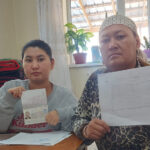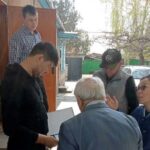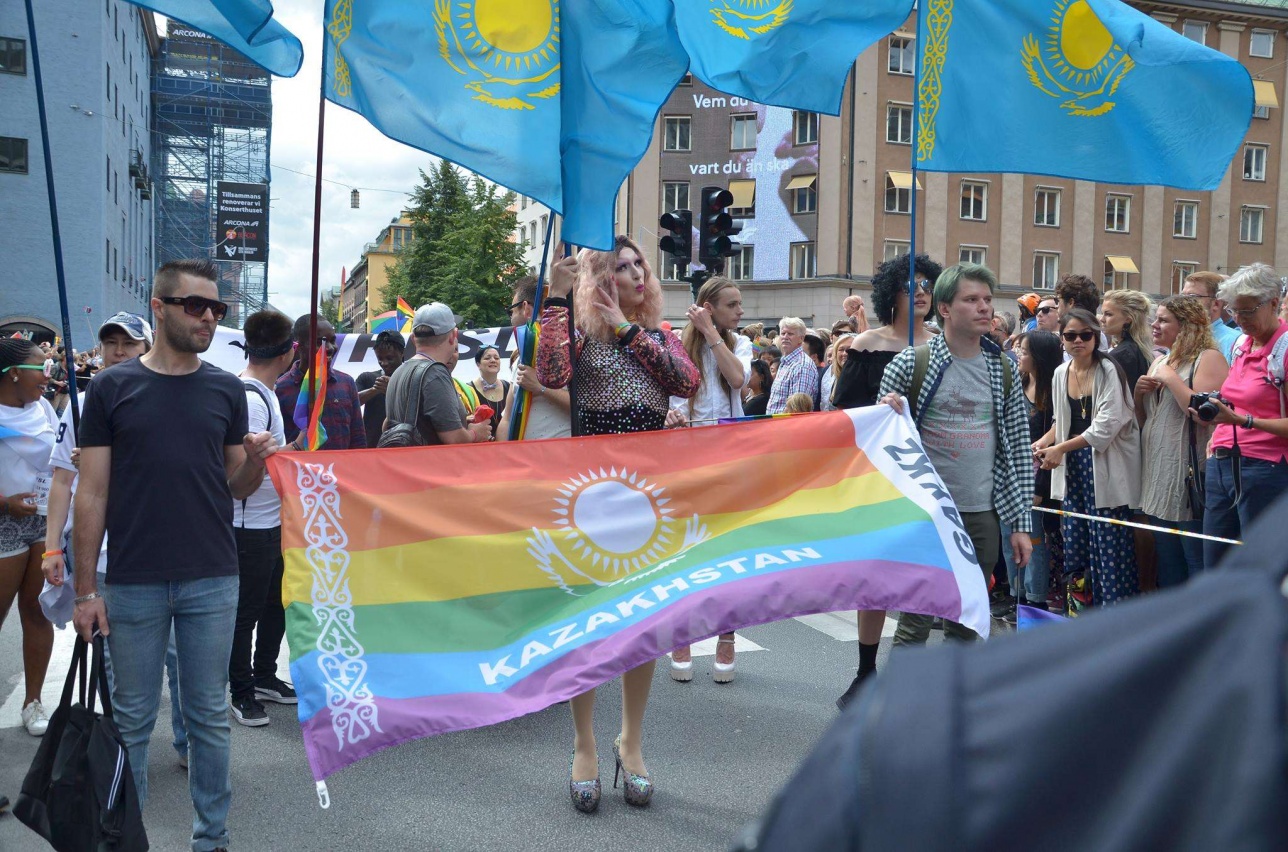“This move represents a new alarming attempt to silence inconvenient voices who scrutinize and challenge official policies in Kazakhstan,” commented Yevgeniy Zhovtis, Chair of the Board and Expert Consultant with Kazakhstan International Bureau for Human Rights and Rule of Law. “It reinforces the impression that the Kazakhstani authorities are trying to make the political opposition the scapegoat for the tragic December 2011 Zhanaozen events,” he continued.
Yesterday
Following an unfair trial Vladimir Kozlov was sentenced to 7.5 years in prison on vague and politically motivated criminal charges of “inciting social discord,” “calling for the violent overthrow of the constitutional order” and “leading an organized criminal group” on 8 October. Two co-defendants, Khalyk Maydany member Serik Sapargali and trade union leader Akzhanat Aminov were found guilty on similar charges, but given suspended sentences. The charges against the three men were related to their alleged role in instigating the December 2011 unrest in the Kazakhstani city of
With reference to this ruling, the general prosecutor’s office argued that the court had established that leaflets disseminated among the striking oil workers by representatives of the Alga party and Khalyk Maydany, as well as speeches made by them in front of these workers contained “incitement to social discord” and “calls for the violent overthrow of the constitutional order.” In a similar vein it argued that the court had found that the coverage by Golos Respubliki, Vzglyad, K+ and Stan TV of developments in Zhanaozen featured “incitements to social discord” and “propaganda of the violent seizure of power.” The broadly worded definition of “extremism” laid down in
“We call on
Founded in 2005 as the successor to another party banned by court, the Alga party is a vocal liberal opposition party, while Khalyk Maydany was initiated as a united opposition movement ahead of the 2012 parliamentary elections. Golos Respubliki, Vzglyad, K+ and Stan TV are major opposition media outlets that cover developments in the country in an independent and critical manner. These outlets and their journalists have repeatedly faced intimidation and harassment, such as blocked access to their internet sites, raids and inspections of their offices, defamation and other charges, and physical attacks by unknown perpetrators that have gone unpunished. They have been fearing a renewed crackdown for some time given the accusations leveled against them during the trial against Kozlov and his co-defendants, and other recent developments, such as a the airing of a scathing anti-opposition documentary on state TV channels and the arrest in late October of the brother of the Golos Respubliki publisher on drug possession charges believed to be fabricated.
In the recent period the general climate in
www.iphronline.org/kazakhstan_20121122.html

















